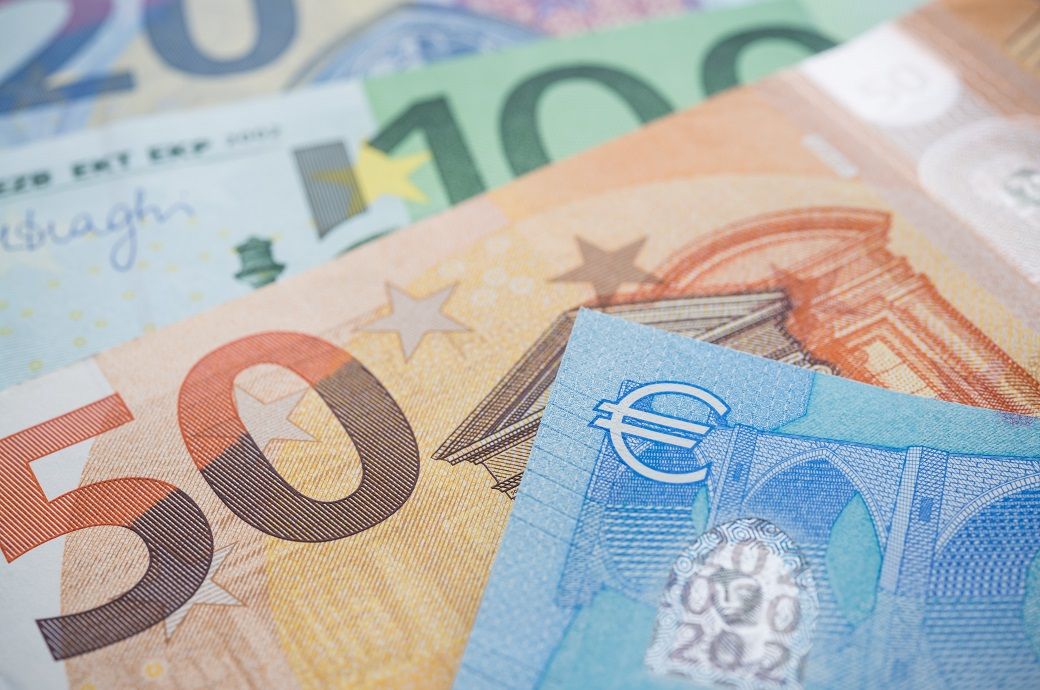
The euro area posted a moderately stronger external position in 2024, supported by a rebound in its current account surplus and a rise in its net international investment position (NIIP), according to the IMF’s External Sector Report.
However, the IMF cautioned that regional imbalances, weak investment in key economies, and structural rigidities could pose challenges to long-term resilience unless addressed through targeted reforms and deeper economic integration.
The current account balance increased to 2.8 per cent of GDP in 2024, up from 1.7 per cent in 2023, driven primarily by a fall in energy import prices and a surge in non-energy goods exports. Despite this improvement, the IMF projects the CA surplus will gradually decline to around 2 per cent of GDP in the medium term as domestic demand picks up.
The IMF’s External Balance Assessment (EBA) estimated a cyclically adjusted current account of 2.9 per cent of GDP, compared to a model-based norm of 1.4 per cent. After accounting for country-specific statistical adjustments—especially for Ireland and The Netherlands—the staff assessed the CA gap at 1 per cent of GDP, within a range of 0.2 to 1.8 per cent. Persistently large surpluses in Germany and The Netherlands were attributed to elevated household and corporate savings and subdued investment levels.
The euro area’s net international investment position rose significantly, reaching 10.9 per cent of GDP by end-2024—its highest level in over a decade. This was supported not only by the current account surplus but also by valuation effects in the final quarter of the year. Gross external assets and liabilities stood at 250.3 and 249.4 per cent of GDP, respectively.
However, underlying asymmetries persist: Germany and other creditor nations continue to hold elevated net external assets, while countries such as Portugal and Spain remain heavily indebted externally. The IMF stated that these debtor countries could face an elevated risk of sudden stops in capital inflows under tighter global financial conditions.
Despite a slight appreciation of the CPI-based real effective exchange rate (REER) in 2024—up 0.5 per cent from 2023 levels—the IMF assessed a REER gap of -3.1 per cent, suggesting the euro area currency remained somewhat undervalued based on current account dynamics. This contrasts with the EBA REER index model, which suggests a modest overvaluation.
On the capital and financial account side, the euro area recorded a financial account surplus of 3.2 per cent of GDP in 2024, up from 1.9 per cent the previous year. This was largely fuelled by a recovery in net direct investment, offsetting weaker other investment flows. Portfolio investments and derivatives made smaller contributions.
The IMF noted that while risks remain manageable overall—especially due to the euro’s status as a global reserve currency—large sovereign and bank sector financing needs could amplify vulnerabilities in the face of sustained market volatility or monetary tightening globally.
To sustain external stability and reduce internal asymmetries, the IMF recommended a recalibration of domestic demand composition and targeted reforms at both national and EU levels. Strengthening the EU single market through reduced regulatory burdens, streamlined trade processes, enhanced labour mobility, and financial market integration could raise productivity and resilience. Completing the banking and capital markets unions was identified as critical to improving risk sharing and supporting investment, especially in high-debt countries.
IMF further advised countries with excessive current account surpluses to stimulate domestic demand and increase investment, while those with weaker external positions should raise public savings and undertake productivity-enhancing reforms.
Cautious use of industrial policy, targeted only to correct market failures, and coordinated trade measures promoting transparency and deeper integration through free trade agreements, were also highlighted. Additionally, the IMF encouraged reforms to improve energy security, boost EU-level public investment in essential goods, and mitigate demographic pressures through long-term productivity strategies.
Although the euro is free-floating and reserves held by euro area economies remain low by global standards, the IMF concluded that the euro area’s aggregate external vulnerabilities are limited. Still, the persistence of historical policy gaps and divergent current account trends within the bloc remain a source of macroeconomic friction that warrants continued monitoring.
ALCHEMPro News Desk (HU)
Receive daily prices and market insights straight to your inbox. Subscribe to AlchemPro Weekly!